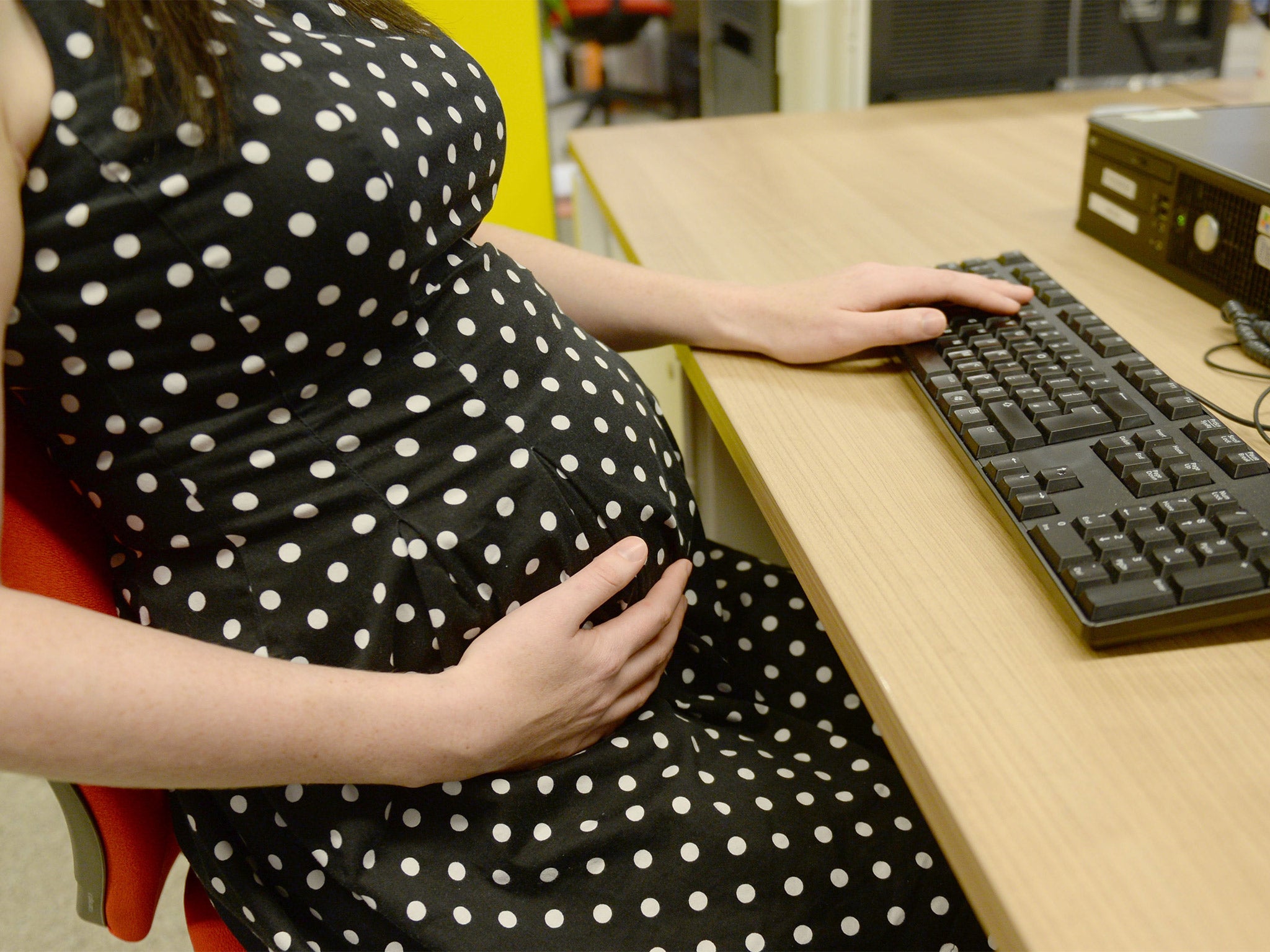Women who conceive within six months of miscarriage are 'more likely to get pregnant', study finds
Findings contrary to World Health Organisation guidelines that recommend waiting six months

Women who conceive within six months of a miscarriage are more likely to have a successful pregnancy than those who wait longer, according to new analysis.
The findings are contrary to World Health Organisation (WHO) guidelines that recommend waiting at least six months.
The comprehensive review by the University of Aberdeen found that pregnancies were most successful if conceived within half a year of a miscarriage.
The meta-analysis confirms an earlier study by Dr Sohinee Bhattacharya and colleagues that found conceptions within six months of a miscarriage were less likely to result in another miscarriage or a subsequent preterm birth.

Pre-eclampsia (high blood pressure in pregnancy), low birth weight babies and stillbirths were no different in conceptions within half a year and those after that time frame.
Dr Bhattacharya, who led the meta-analysis, said: “This review of all the published research to date shows categorically that conceiving within six months after a miscarriage is best.
“In 2010 we were the first to report that conceiving straight after miscarriage was more successful than waiting.
“Subsequently, more papers came out finding the same thing, which is why we did a comprehensive review of all available research.
“Contrary to WHO guidelines, recommending at least six months' wait after a miscarriage, our meta-analysis of all published studies on this subject to date shows definitively that less than six months is best.
“It is not clear why this is the case - one explanation might be that if somebody has had a miscarriage they might take particularly good care of themselves, be more motivated and may even be more fertile - but that is just speculation at this point. ”
The meta-analysis is published in the Human Reproduction Update journal on Tuesday.
Ruth Bender Atik, national director of the Miscarriage Association, said: “This review is very important. It encourages couples who want to try to conceive soon after miscarriage and also reassures those who worry that they may have miscarried because they conceived too soon after a previous loss.
“Above all, it confirms that couples can choose to try again whenever they feel ready to do so.”
Janine Elson, a spokeswoman for the Royal College of Obstetricians and Gynaecologists, said: “Unfortunately, miscarriages are very common with one in five women experiencing a miscarriage in the first three months of pregnancy.
“A miscarriage affects every woman differently and it can be devastating for her partner as well.
“We welcome this robust review by the University of Aberdeen which confirms previous findings that conceiving less than six months following a miscarriage is not associated with a risk of repeat miscarriage and has no impact on the risk of stillbirth, pre-eclampsia or low birth-weight babies.
“This study provides couples with reassurance that trying to conceive soon after a miscarriage is safe, however it is important that they both feel physically and emotionally ready before trying to conceive again.
“Counselling should be offered to help manage the psychological stress miscarriage can cause.
“Women must ensure that any pain and bleeding has stopped and they are taking folic acid before resuming sexual activity.”
PA Scotland
Join our commenting forum
Join thought-provoking conversations, follow other Independent readers and see their replies
Comments
Bookmark popover
Removed from bookmarks